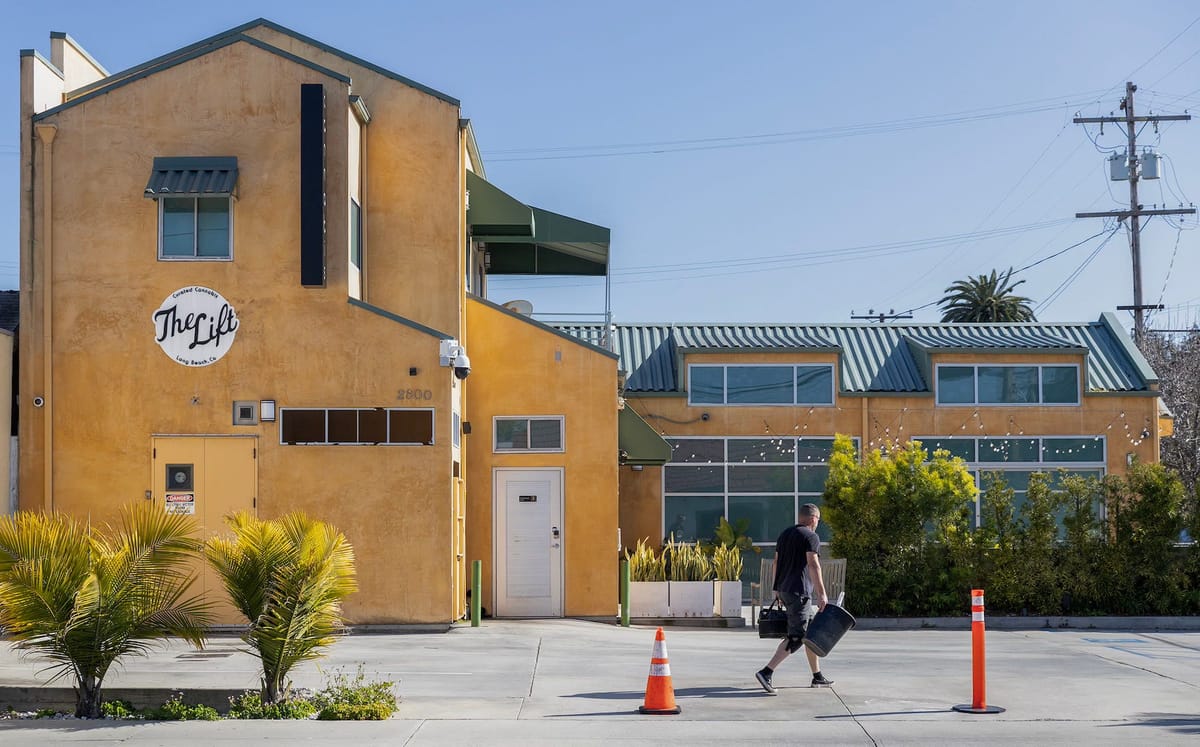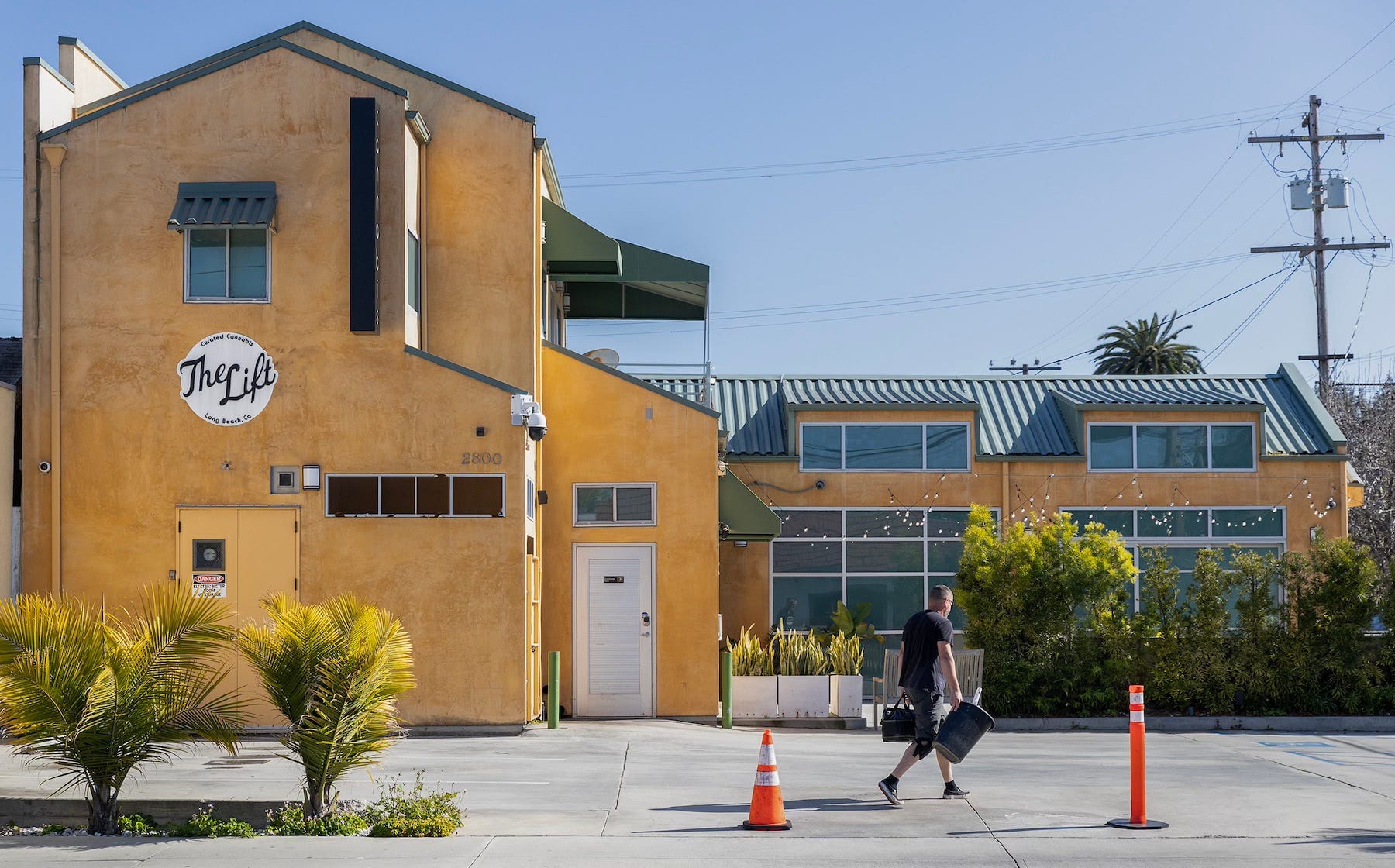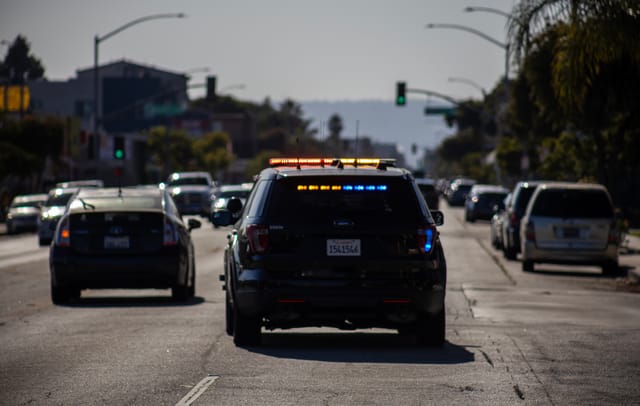Long Beach cannabis tax cuts approved, operators question if it will be enough
A new pilot program will implement a 1% cut for cannabis cultivators and retailers in Long Beach with an opportunity to qualify for an additional 3% cut.


Long Beach cannabis cultivators and retail dispensary owners could soon see a small tax break, but larger cuts that could help the fledgling industry will still require operators to be up to date on their tax bills under a pilot program adopted by the City Council Tuesday.
The new tax credit program will implement a one percentage point reduction of the city’s excise tax for cannabis cultivators and retailers; however, a larger three point reduction will require business owners to be up to date with their local tax obligations or be enrolled and compliant in a payment plan for at least six months before they can qualify for the full 4% tax reduction.
Businesses would have to meet other markers like having 40% of their employees reside in Long Beach, paying their workers above the state minimum wage and reserving shelf space for cannabis equity business operators.
Under changes introduced Tuesday by Councilmember Joni Ricks-Oddie, cannabis operators will only have to be up-to-date on their city taxes, and those who are on payment plans could qualify for the larger tax break. But industry representatives said the tax breaks won't go far enough to prop up the struggling legal market.
“It’s our belief that if only operators who are current on state and local taxes are allowed to participate in this pilot program, the program will have virtually no applicants,” said Derek Smith, a political director for the United Food and Commercial Workers union, which represents cannabis workers in the city.
Retailers have complained for years that the combination of state and city excise taxes on top of local sales taxes has put them at a disadvantage with the illicit market that can sell unregulated and potentially dangerous cannabis for less.
Smith estimated that only about two of the shops that UFCW represents in Long Beach would qualify for larger breaks and city data appears to back that concern.
Valencia Mota, the city’s director of Cannabis Oversight, told the council that there is about $8.5 million in delinquent cannabis taxes owed as of this month. However, Mota said that about $5.8 million of that is now accounted for in payment plans.
The current city budget projected just over $10.9 million in cannabis tax revenue this year after accounting for a roughly $3 million decrease due to the new tax credit program.
Mota said that the city would start suspending or revoking business licenses for operators who don’t enter into a payment plan with the city in the coming months.
Kelly Hayes, a lawyer who represents cannabis operators in Long Beach, said the city should do away with the “good standing” requirements and just cut the tax rate for everyone, noting that cannabis operators are at a disadvantage given that the industry is federally outlawed and that cuts them off from loans and other financial opportunities.
“Not that long ago the city reduced tax rates for everyone else,” Hayes told The Watchdog, referring to a 2022 vote to cut taxes for manufacturing, distribution and other operators. “So, my question is why are the retailers and cultivators being segregated and treated differently?”
The vote Tuesday comes after multiple retail dispensaries have shuttered in the city with the most recent being The Lift, which was located on the corner of Fourth Street and Temple Avenue.
Adam Hijazi, owner of The Green Room, the city’s first retail dispensary after voters legalized sales in the city in 2016, said the industry is in a dire financial position and is seeking a partnership with the city to avoid more closures.
“Historically, it’s been a license that’s been able to be recession-proof in a sense,” Hijazi said. “Now we’re seeing three [dispensaries] closed down in the city, going on the fourth.”
The new tax program will require a second vote by the council, which is scheduled for its April 16 meeting, but members left the door open for more changes saying that the cannabis tax structure is always “evolving.”
Mayor Rex Richardson said that he believes operators are struggling but added that there needs to be a balance between tax relief and having enough revenue to pay for the city’s expenses to monitor and enforce the city’s cannabis regulations.
If approved, the program could take effect as soon as next month and the savings are expected to be passed onto customers.
We need your support.
Subcribe to the Watchdog today.
The Long Beach Watchdog is owned by journalists, and paid for by readers like you. If independent, local reporting like the story you just read is important to you, support our work by becoming a subscriber.





